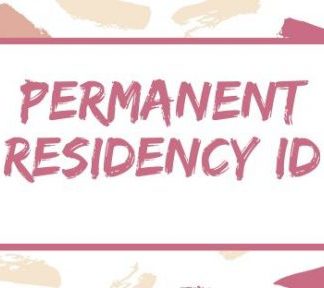9 Foods That Can Help You Sleep Better
Tired and stressed? Join the club. Forty percent of Americans report having symptoms of insomnia at some point within a given year, according to the National Sleep Foundation. It doesn’t matter whether your shut-eye is being hampered by a time change, a stressful job, or some other problem in your life, being tired sucks. And it can lead to serious health problems including heart disease and depression. But before you reach for the latest prescription drug, reach for your fork, or at the very least, your shopping list. Revamping your diet can go a long way towards improving your sleep quality, provided you opt for foods rich in the right sleep-inducing ingredients.
Cherries
In one small study, participants drank eight ounces of tart cherry juice in the morning, and another eight ounces in the evening, for two weeks and reported better sleeping habits. Why does it work? All varieties of cherries are naturally high in melatonin, a hormone that makes you sleepy. Eat a cup of whole cherries as a late-night snack if you’d rather not drink juice.
Fish
Fish are rich in tryptophan, a natural sedative, with shrimp, cod, tuna, and halibut having the highest levels, even more than turkey. But since not all seafood choices are healthy (some are high in contaminants) or for the planet (many are overfished, or methods for catching them kill other species), stick to catches like Pacific cod from Alaska or pole-caught Albacore tuna from the U.S. or British Columbia.
Lemon Balm
This lemon-scented member of the mint family has been a sleep-inducing superstar for ages, but it seems to be most effective in combination with another herb called valerian. In one study, published in the journal Phytotherapy Research, 81% of people with minor sleep problems who took a combination of the herbs reported sleeping better than people on a placebo. Both can be purchased as supplements, or you can make a tea by steeping 1 to 2 teaspoons of dried lemon balm and 1 teaspoon of valerian root in a cup of hot water for 5 to 10 minutes. (If you take other medications, though, ask a doctor or pharmacist about any potential herb-drug interactions.)
Chamomile
Another herb that works as well as lemon balm, chamomile has been used as an herbal remedy for insomnia for thousands of years. In one animal study, it calmed down mice as effectively as tranquilizers, and in the only human study on the effectiveness of chamomile, the herb reduced mild to moderate generalized anxiety disorder much better than placebo. Ready-made chamomile teas are sold in every supermarket, so it’s an easy remedy to get your hands on.
Bananas
These perfectly snack-sized superfruits are packed with potassium and magnesium, two minerals that promote muscle relaxation. In fact, magnesium deficiencies are related to restless leg syndrome and nighttime muscle cramps, two conditions that can certainly interfere with your sleep. Make it a goal to eat one banana a day to see if that helps your sleep problems.
Spinach
In addition to being rich in potassium and magnesium, spinach is high in calcium, yet one more mineral that plays a role in sleep. Calcium helps the body generate melatonin, the hormone that helps your body maintain its circadian rhythm. You can get the same benefits from other dark leafy greens, such as Swiss chard, kale, turnip greens, and collard greens.
Milk
Like spinach, dairy products are rich in melatonin-boosting calcium, and a number of studies are finding that calcium deficiencies are linked to poor sleep quality. So there may be something to that old adage that a glass of warm milk will help you sleep, after all!
Almonds
They’re full of magnesium and yet another source of calcium. You can eat a handful of almonds or spread some almond-butter on a piece of whole grain bread, which will help you get to sleep for another reason…
Carb + Protein
There’s some debate as to how well your body handles tryptophan, and a study from the National Institute of Health found that getting it from high-protein foods can work against you, because protein can prevent tryptophan from entering your brain. But when you combine high-protein foods with carbs, the insulin your body produces in response to the carbs makes it easier for tryptophan to break through your brain’s barriers. So for a sleepy snack think granola, oatmeal with bananas and almonds, or whole-grain cereal with organic milk.































